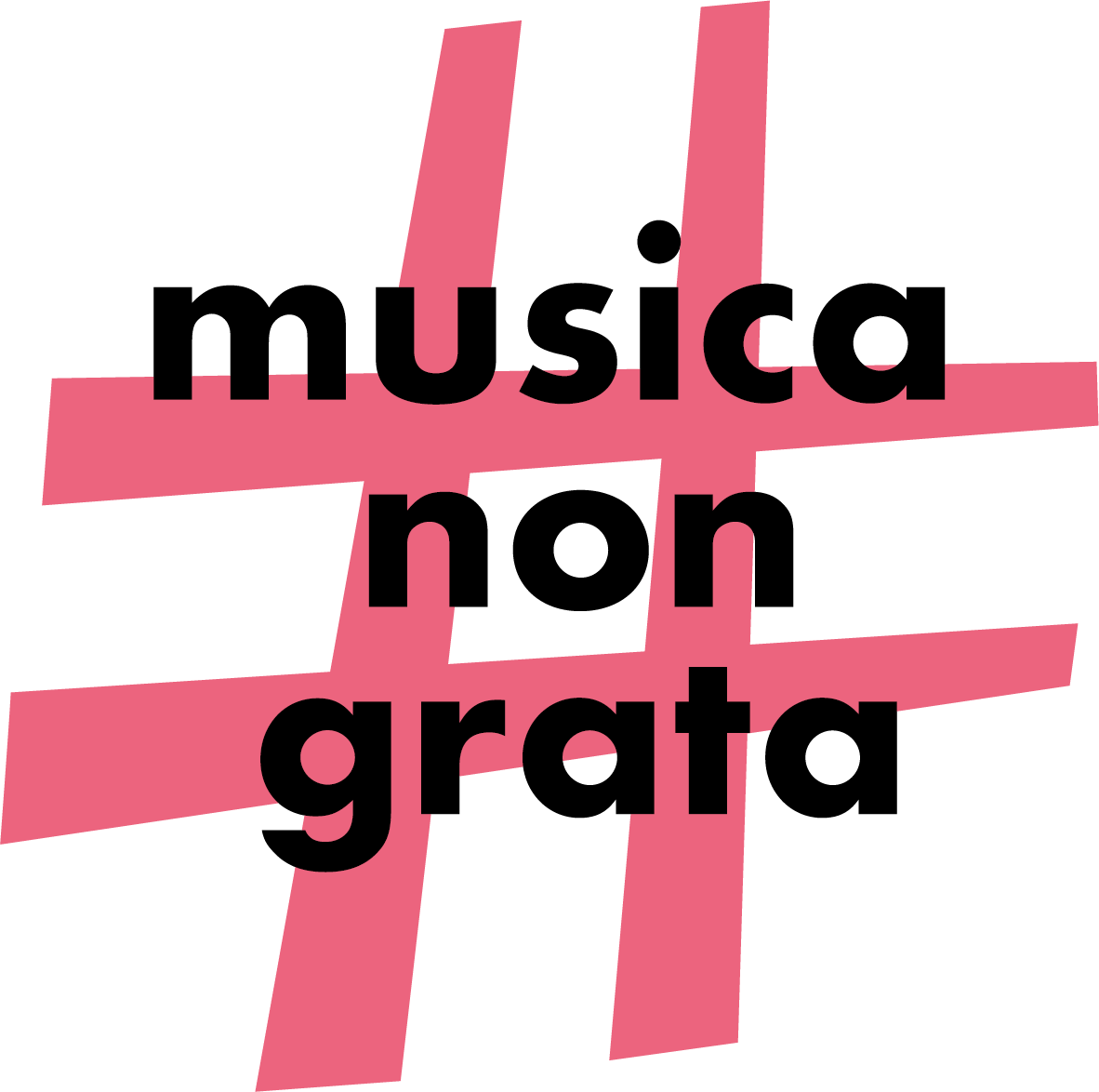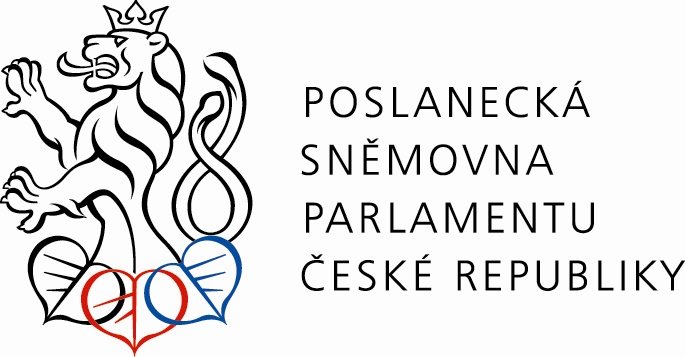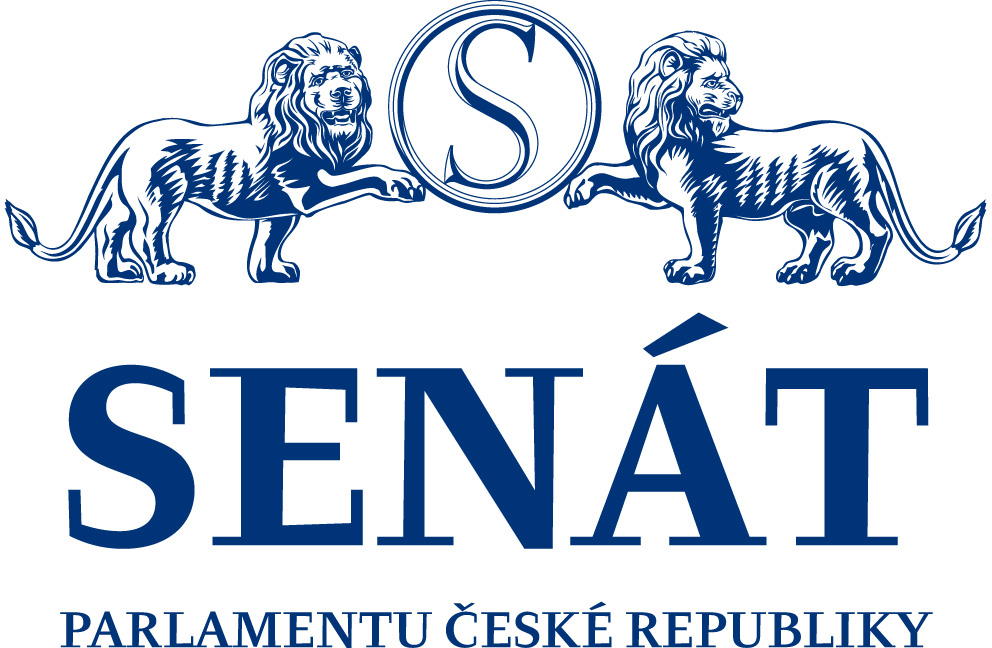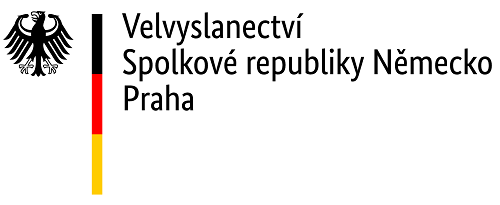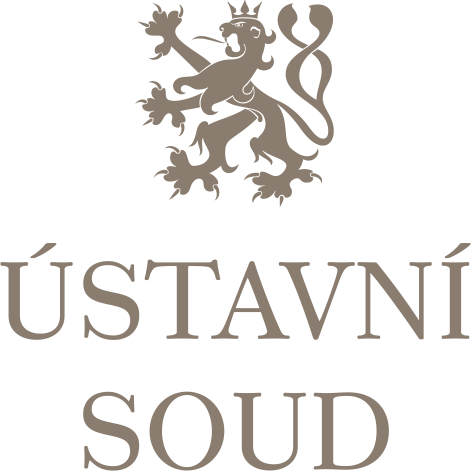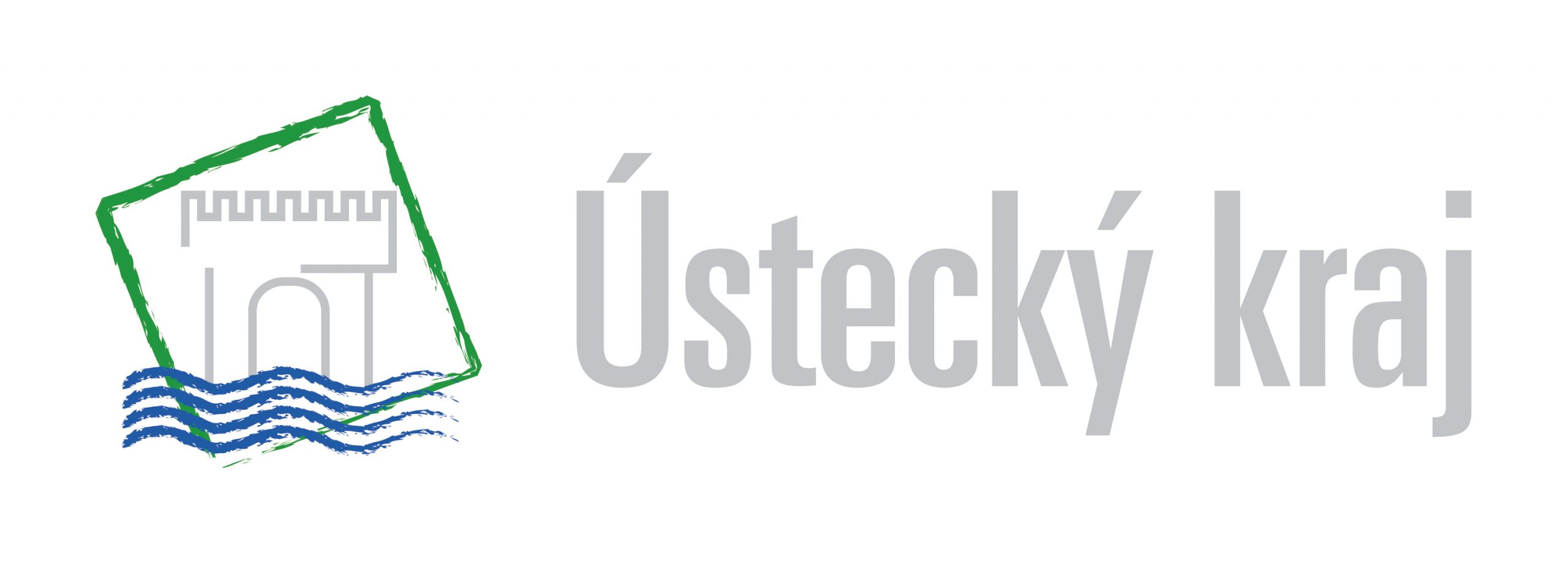6:30 PM – Guided tour of the villa – PhDr. Jiřina Nováková
Opening remarks for the concert – Mgr. Petr Kadlec
Program:
Arvo Pärt – Summa
Enriko Štec – Bukolika String Quartet
Preludium
Passacaglia
Fugatto
Josef Suk – Meditation on the Old Czech Chorale Saint Wenceslas, Op. 35a
Hans Krása – String Quartet, Op. 2
Moderato
Prestissimo
Molto lento e tranquillo
“I admit that I have enough courage as a modern composer to compose melodically. This also characterizes my approach to music, whether it is called modern or not.” These words by Hans Krása capture the essence of his work and can also describe the concert by fama Q at the Eternal Hope festival. One of the most famous contemporary classical music composers, Estonian Arvo Pärt, has a very specific compositional style. He called it tintinnabuli, symbolizing the beauty of sound that emerges from silence and gradually resonates like bells. In contrast, the fresh work of young composer Enriko Štec will be heard, the second-place winner in the first year of the Eternal Hope composition competition. Josef Suk wrote his Meditation on the Old Czech Chorale Saint Wenceslas in response to the outbreak of World War I. The 110-year-old piece carries a message that remains extremely relevant today. Hans Krása’s String Quartet is a key piece in the repertoire of the renowned fama Q ensemble, which focuses on 20th and 21st-century works. Fama Q will guide us through an evening full of fascinating compositional styles, united by a message of hope.
The composition Summa by Estonian composer Arvo Pärt (b. 1935) was originally written in 1977 for a choir, as an addition to the composer’s setting of the Latin text Credo. He later adapted it for string orchestra and other vocal and instrumental ensembles. He says that the apparent simplicity of the piece is a mask, a mystery, with the surface constantly changing, but the foundation is stable. Hence the neutral title Summa – a summary of all things. The version for string quartet dates from 1991, and the premiere was performed by the American Kronos Quartet a year later. Although seemingly simple, the musical piece often places very high demands on performers, requiring the most perfect sound possible. The transparent arrangement for four string instruments is clear proof of this, as it requires significant precision in coordination, intonation, and part balance from the performers. “I developed a highly formalized compositional system, which I have been using for twenty years when writing my music. Summa is the strictest and most mysterious piece in this series,” Arvo Pärt said in 1994.
The main characteristic of the string quartet Bukolika by Enriko Štec (b. 2003) is simplicity and clear form. In this three-movement composition, the young author used transformations of historical compositional techniques and forms. He says of his piece: “The first part is a prelude with a formal ABA layout, where parallel chords are used throughout the movement. The second movement is a passacaglia, where a melody gradually develops over a descending, constantly repeating bass voice, layered with contrapuntal counter-melodies. The final third movement is a lively fugato, where the players can showcase their virtuosity.”
Meditation on the Old Czech Chorale Saint Wenceslas Op. 35a by Josef Suk (1874–1935) was composed shortly after the outbreak of World War I. At that time, a general regulation was issued to start every concert with the Austrian national anthem as a sign of support for those fighting on the front. This regulation naturally applied to the Czech Quartet, of which Suk was a member. The song "Gott erhalte Franz den Kaiser" was composed by Joseph Haydn in 1797 as a gift for Emperor Franz I’s twenty-ninth birthday, and over the years it became popularized, officially becoming the anthem of the Habsburg monarchy in 1826. Haydn used its melody for variations in the slow movement of his String Quartet Op. 76 No. 3, the so-called "Emperor Quartet," and the Czech Quartet managed to bypass the government regulation at concerts by including this movement. However, on the advice of his friend, doctor Ferdinand Pečírka, Josef Suk composed a counterpart to the Austrian anthem, utilizing the Czech symbolism of the melody of the song "Saint Wenceslas, Duke of the Czech Land," not in its historical form, but in the then-living and widely known version. The premiere of the Meditation took place on September 27, 1914, at Prague’s Rudolfinum as part of the first concert of the Czech Quartet in the new season, in aid of the provincial war treasury. Two months later, the orchestral version of the piece was performed at Smetana Hall in the Municipal House by the Czech Philharmonic, conducted by Vilém Zemánek. After the war, Suk composed The Legend of the Dead Victors for orchestra (Op. 35b) and the ceremonial march Into the New Life (Op. 35c), which, together with the Meditation on the Old Czech Chorale, form a loose trilogy.
String Quartet is chronologically the second complete work we know by Hans Krása (1899–1944), with opus numbering assigned only in printed editions. It was composed in 1921, and the following year, the composer went to Paris to study with Albert Roussel. In this work, Krása demonstrated his sense of grotesque, which became a distinctive feature of his work. The first movement follows the structure of a sonata form, while in the second movement, he daringly used material with ironic overtones from the overture to Smetana's The Bartered Bride and the duet "Faithful Love." The third movement is a small contemplation. The piece was first performed on May 12, 1923, in Paris at an evening organized by the editorial team of the magazine Revue musicale, and it was published by the Paris publishing house Max Eschig under the title Quartetto pour deux violons, alto et violoncello. On July 25, 1926, it was performed by the Amar Quartet at the Donaueschingen Festival. The Prague premiere took place at the German Literary and Musical Society in May 1927, performed by the Novák-Frank Quartet, along with new works by Karel Boleslav Jirák, Fidelio F. Finke, and Viktor Ullmann's now-lost first quartet: “Hans Krása's String Quartet from 1921 is an extraordinarily delicate picture, where charming sound combinations reign, and the strict discipline of form is combined with a perfectly free, sincerely hedonistic musical fantasy. The slogan of non-romantic modern (atonal) music does not apply to it at all,” wrote Max Brod, who recognized the influence of Gustav Mahler in Krása’s inclination towards both sentimentality and caricature.
fama Q
The fama Q string quartet was founded in 2005 in Prague by members of leading Czech orchestras, united by a passion for chamber music. The ensemble focuses particularly on the music of 20th and 21st-century Czech and international composers, premiering many works. fama Q is a frequent guest at Prague concert series such as Přítomnost, Umělecká beseda, and Krása dneška. They have performed at festivals such as Prague Spring, Ostrava Days of New Music, New Music Marathon, ISCM World New Music Days 2013 in Košice, Cluj Modern (Romania), Israel Festival Jerusalem, Les Musicales de Quiberon (France), and Festival de Música de la Mancha (Spain), and have toured in France, Italy, Japan, Germany, Romania, and the USA. They also performed in Terezín as part of the international project Performing the Jewish Archive. The quartet collaborates with numerous artists and ensembles and participates in contemporary music interpretation seminars at schools and universities in the Czech Republic, Slovakia, Romania, and Turkey. They are also active in recording new music.
Arvo Pärt (b. 1935)
Estonian composer Arvo Pärt graduated from the conservatory in Tallinn in 1963. In the first stage of his work, he was influenced by Sergei Prokofiev and Dmitri Shostakovich. He worked as a sound engineer at a radio station and composed film music. In the mid-1960s, he turned to collage technique, combining historical elements from the legacy of the great Baroque masters with modern compositional techniques. In his spiritual works, he especially returned to earlier periods of musical development, studying medieval music in depth, both theoretically and practically. This led to a transformation of his compositional methods, which bear the marks of minimalism. He called the synthesis of historical stimuli and his own invention the “tintinnabuli” technique (bells). Its foundation is the triad, from which the simplest melodic processes of individual voices arise. Pärt’s personal style corresponds with his belief that the most genuine essence of music is religiosity, a viewpoint that certainly did not open doors to concert halls for the composer in the former Soviet Union. Arvo Pärt is one of the most important composers of spiritual music today. Increasing ideological pressure led to his decision to emigrate. After a temporary stay in Vienna, he settled in Berlin in 1981, and since the 1990s, he has visited his homeland again.
Enriko Štec (b. 2003)
Life’s paths and coincidences are unpredictable. Enriko Štec’s mother is from Ukraine, and his father was born on Sakhalin Island; they met in the Czech Republic, and their son Enriko was born in Prague. He originally wanted to become an astrophysicist, but he drew attention with his improvisation at a school concert, and today he is a composition student in the class of Jiří Gemrot at the Prague Conservatory, where he was accepted as an exceptional talent. In 2022, he won 1st prize in the Generace competition for his Wind Septet. He admits that he enjoys large forms (he is currently working on his fourth symphony), but he has also demonstrated a great sense of detail and poetry in his current works.
Josef Suk (1874–1935)
Josef Suk, together with Vítězslav Novák and Leoš Janáček, was a representative of the so-called Czech musical modernism. He studied violin at the Prague Conservatory and composition under Antonín Dvořák, whose daughter Otilka he married. In the chamber music class at the Prague Conservatory, the famous Czech Quartet was formed, and Suk remained a member (second violinist) until 1933. In the early stages of his work, he primarily followed in the footsteps of Antonín Dvořák, combining his legacy with the influence of Impressionism. He composed numerous piano and chamber works, songs, choirs, and incidental music for plays (Radúz and Mahulena, the legend Under the Apple Tree, both works by Julius Zeyer). In the symphonic genre, Suk is the most richly instrumented Czech composer after Dvořák, and the spiritual content of his work is compared to that of Gustav Mahler. His symphonic tetralogy (Asrael, A Summer’s Tale, Ripening, Epilogue) represents a fundamental milestone in 20th-century Czech symphonic music. From 1922, Josef Suk worked as a professor of composition at the Prague Conservatory, where he was elected rector three times. Suk’s students included Julius Kalaš, Emil Hlobil, Dalibor C. Vačkář, Pavel Bořkovec, Karel Reiner, Miroslav Ponc, Jaroslav Ježek, and others.
Hans Krása (1899–1944)
Hans Krása was born in Prague into a lawyer's family. He studied composition with Gerhard Keussler, and indirect sources suggest that he also studied with Alexander Zemlinsky. As a composer, he made his debut in May 1921 with Orchestral Songs Op. 1, set to texts from Christian Morgenstern’s “Gallows Songs.” In the following two years, he studied in Paris with Albert Roussel. His most important work is the opera Betrothal in a Dream, based on a story by Fyodor Dostoevsky, which premiered on May 18, 1933, at the New German Theatre, conducted by George Szell. He collaborated with Czech artists at the Mánes Association, writing incidental music for Adolf Hoffmeister’s play Youth at Play, which was premiered on February 19, 1935, by the “D 35” theater of E. F. Burian, and in 1938, he also co-created the children’s opera Brundibár with Hoffmeister for a competition announced by the Ministry of Education and National Enlightenment. However, the political situation prevented the competition from being judged, and the opera was only performed secretly by the children of a Jewish orphanage. From August 1942, Krása was interned in Terezín and was sent on October 16, 1944, to Auschwitz, where his life ended in the gas chamber. In Terezín, Krása composed other works. He re-instrumented the opera Brundibár, which was performed many times by the imprisoned children. Krása’s work cannot be classified under a single compositional style. He drew from all the contemporary artistic influences surrounding him, including popular music, though he did not lean towards experimentation.
Grébovka Villa
Grébovka Villa was built as a summer residence for Prague industrialist Moritz Gröbe between 1870–1874. Moritz Gröbe was a partner in the Lanna and Šebek companies, which dominated railway connections, track construction, and iron production in Bohemia.
The Neo-Renaissance summer residence above the Botič Valley was designed by Antonín Barvitius, with construction carried out by builder František Havel between 1871–1888. The interiors were designed by Josef Schulz. The architects were inspired by Italian Renaissance suburban villas, which served as summer homes for the nobility and clergy.
After Gröbe’s death (in 1891), his heirs did not use the estate, earning income by operating a nursery and opening the park to the public for a fee. Between 1902–1905, the estate was rented to the Imperial and Royal Habsburg family. Eventually, the heirs sold the villa and its grounds to the Vinohrady municipality in 1905, and on May 16, 1906, the area was opened to the public under the name Havlíčkovy sady (Havlíček Gardens). During the Allied bombing on February 14, 1945, the villa and other parts of the estate were hit by incendiary bombs and damaged. The fire that followed completely destroyed the roof and both floors of the villa.
In 1953, the building was reconstructed by architect Pavel Smetana for the needs of the Central House of Pioneers and Youth of the City of Prague. Today, the building and park are entrusted to the Prague 2 District. The building is currently leased by the non-profit organization CEELI Institute, which completed the most recent renovation in 2008.
